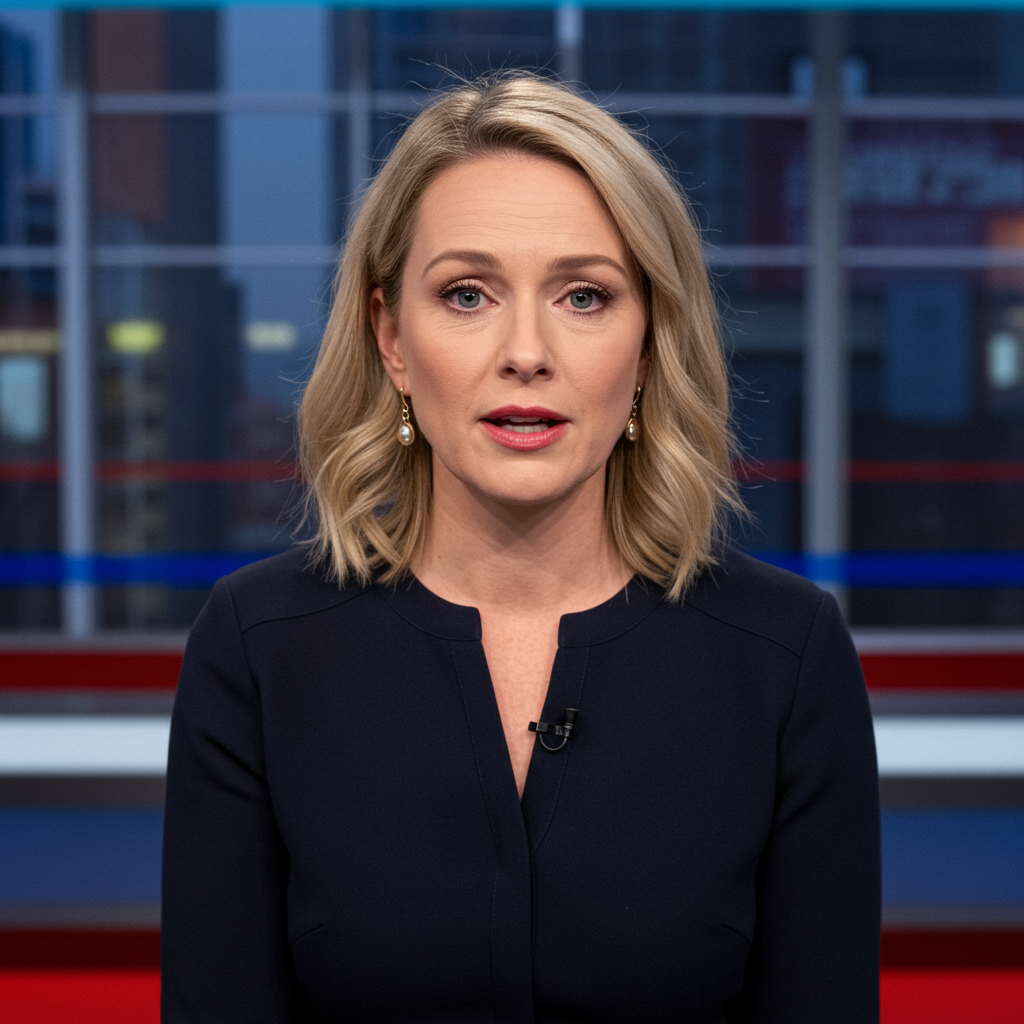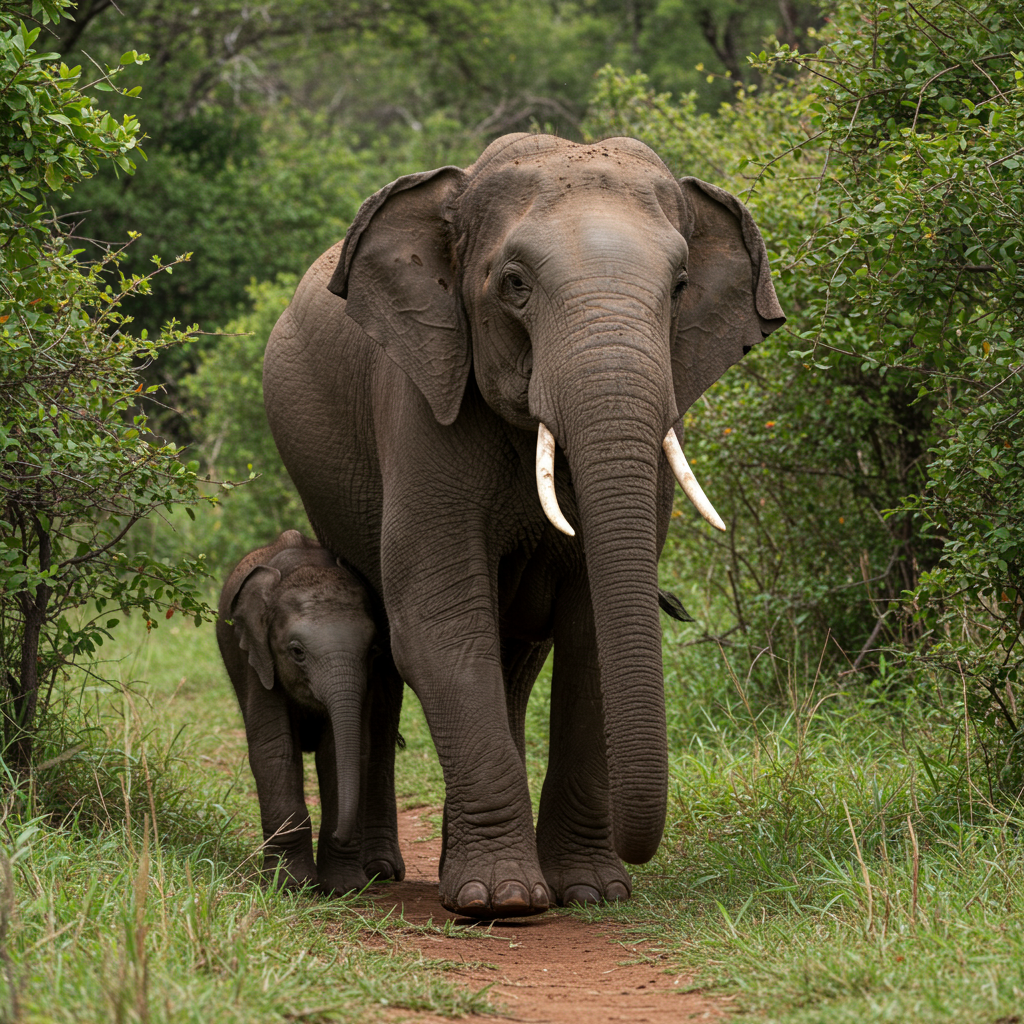Rachel Reeves Defends Government Stance on Grooming Gang Victims
Chancellor Rachel Reeves has strongly asserted that ministers “never dismissed the concerns of victims” of grooming gangs. Her comments come as the government faces scrutiny over its decision to launch a national inquiry into child sexual exploitation, a move that follows months of mounting pressure and accusations of a significant U-turn from an earlier stance.
Appearing on the BBC’s Sunday with Laura Kuenssberg programme, Reeves defended Prime Minister Sir Keir Starmer, stating he is focused on victims “and not grandstanding.” She insisted that the most important people in these discussions are the victims themselves.
The decision to launch a statutory national inquiry covering England and Wales marks a notable shift. Earlier in the year, the government, including Sir Keir, had resisted calls for such a probe, arguing the issue had already been extensively examined by the seven-year Independent Inquiry into Child Sexual Abuse (IICSA) led by Professor Alexis Jay, which concluded in 2022.
Pressure Mounts Leading to Inquiry Decision
This change in position follows intense political and public pressure. Critics, including the Conservatives, have accused Sir Keir of being forced into a U-turn. Former detective Maggie Oliver, who notably resigned from Greater Manchester Police over the handling of Rochdale grooming cases, commented that both Labour and the Conservatives had been “dragged kicking and screaming to this point,” stating she could only view them with “contempt” for the suffering caused by neglect.
Indeed, prominent Labour figures had previously expressed reservations or outright rejected the need for a new national inquiry, sometimes labelling calls as politically motivated or “far-right bandwagoning,” including Sir Keir himself. A Conservative attempt to mandate an inquiry via a bill amendment was blocked by Labour MPs earlier in the year. This historical context highlights the scale of the political shift that has now occurred.
The Prime Minister’s acceptance of the recommendation for a national inquiry came after reading an independent report into child sexual exploitation by Baroness Louise Casey. This “rapid review” was commissioned, according to Reeves, because the Prime Minister wanted to “assure himself he was doing everything that was necessary.” Baroness Casey’s report is expected to be published imminently, with Home Secretary Yvette Cooper set to address its findings in Parliament.
Defending Records and Trading Accusations
Beyond the inquiry timing, the issue has ignited sharp political exchanges. Sir Keir Starmer has vigorously defended his record as Director of Public Prosecutions (DPP) between 2008 and 2013, citing actions taken under his leadership such as introducing a special prosecutor, changing guidance, and securing the first prosecution of an “Asian grooming gang” in Rochdale. He has accused critics, including tech billionaire Elon Musk who publicly attacked him, of “spreading lies and misinformation” and “amplifying what the far-right is saying.” Sir Keir has characterized this as a deliberate “playbook” not interested in victims but in creating intimidation and threats.
However, Shadow Chancellor Mel Stride criticized the government, stating the national inquiry should have happened “far, far earlier.” He accused Sir Keir of dismissing Conservative concerns as a “far-right bandwagon,” calling it “the wrong response” and further evidence of the Prime Minister being “pressurised… into U-turning.”
The sensitive nature of the issue and political tensions surrounding it have also surfaced in other controversies, such as remarks made by Labour’s Lucy Powell, which were criticized as appearing to dismiss concerns about grooming gangs as “dog-whistle” politics, leading to calls for her resignation before she clarified her comments were aimed at political point-scoring, not the issue itself.
The Scale of the Problem and Inquiry Details
Professor Jay’s comprehensive seven-year inquiry concluded that child sexual exploitation by organised networks was “epidemic” across England and Wales, identifying tens of thousands of victims and finding widespread “institutional failings.” While that report made 20 recommendations, survivors and charities like the National Society for the Prevention of Cruelty to Children (NSPCC) have expressed concern over the slow implementation of those findings, which were published in 2022.
The NSPCC welcomed the decision to launch the new national inquiry but cautioned that it “must not delay urgent action” already long overdue. They highlighted the two-year wait survivors have already endured for Jay’s recommendations to be put into practice.
Unlike previously announced plans for five local inquiries (including one in Oldham), the new national inquiry is statutory, granting it powers to compel witnesses to provide evidence. This is seen by some as crucial, given the history of institutional cover-ups and the difficulty in identifying and holding accountable individuals within authorities and other bodies across numerous affected towns and cities. Critics have argued that the systemic, national scale of the problem demands a robust national response with the authority to identify those responsible for enabling or covering up abuse across different areas. A senior government source indicated the national inquiry would aim to “co-ordinate a series of targeted local investigations.”




